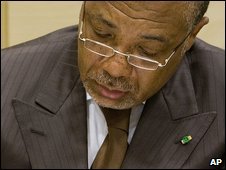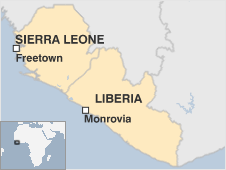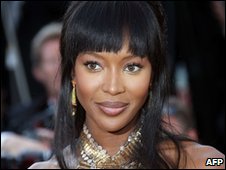Kibunango
Platinum Member
- Aug 29, 2006
- 8,419
- 2,270
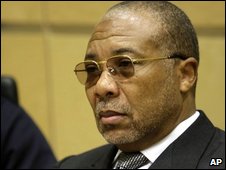
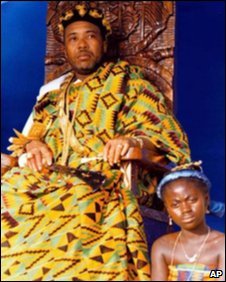
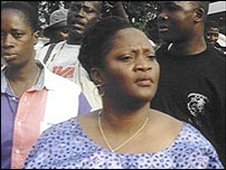
- 1989: Launches rebellion in Liberia
- 1991: RUF rebellion starts in Sierra Leone
- 1995: Peace deal signed
- 1997: Elected president
- 1999: Liberia's Lurd rebels start insurrection to oust Taylor
- June 2003: Arrest warrant issued
- August 2003: Steps down, goes into exile in Nigeria
- March 2006: Arrested, sent to Sierra Leone
- June 2007: Trial opens in The Hague

